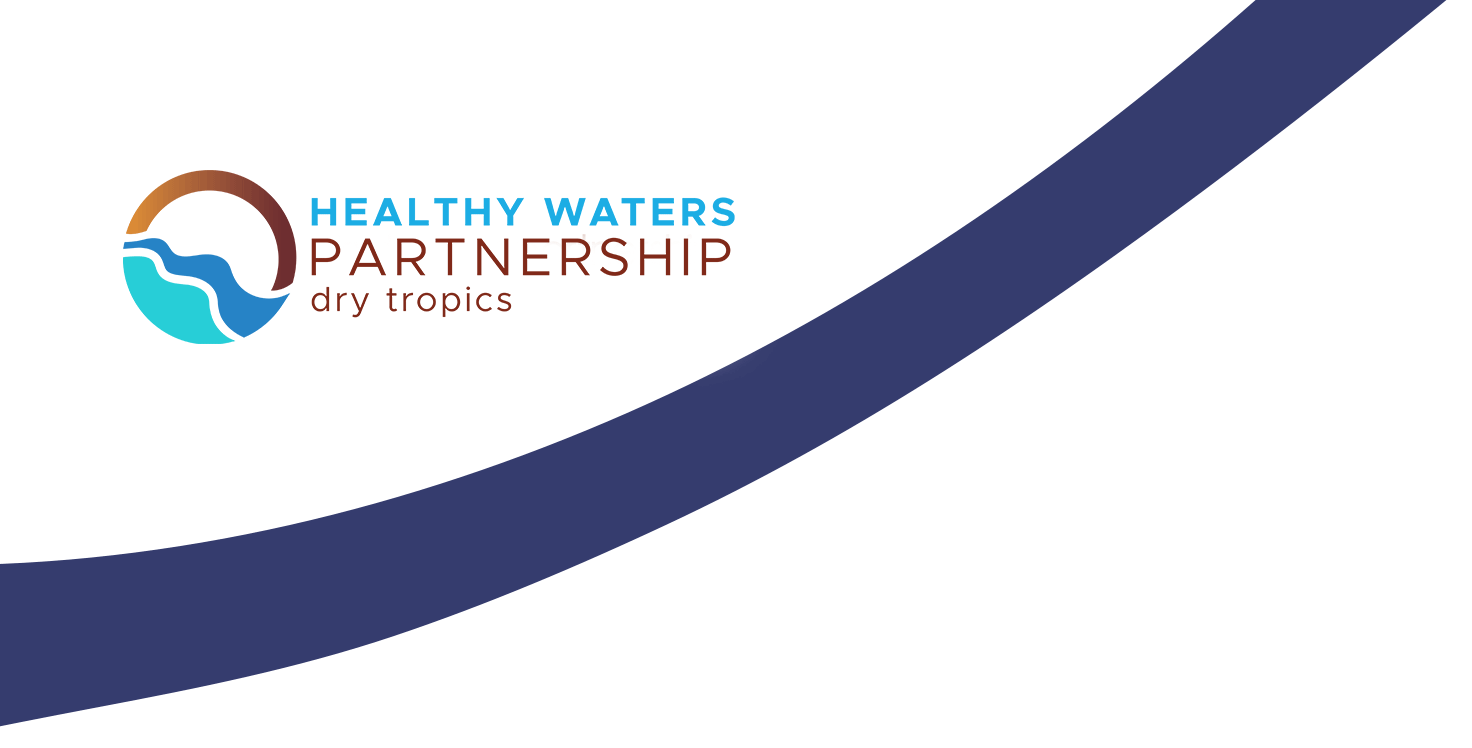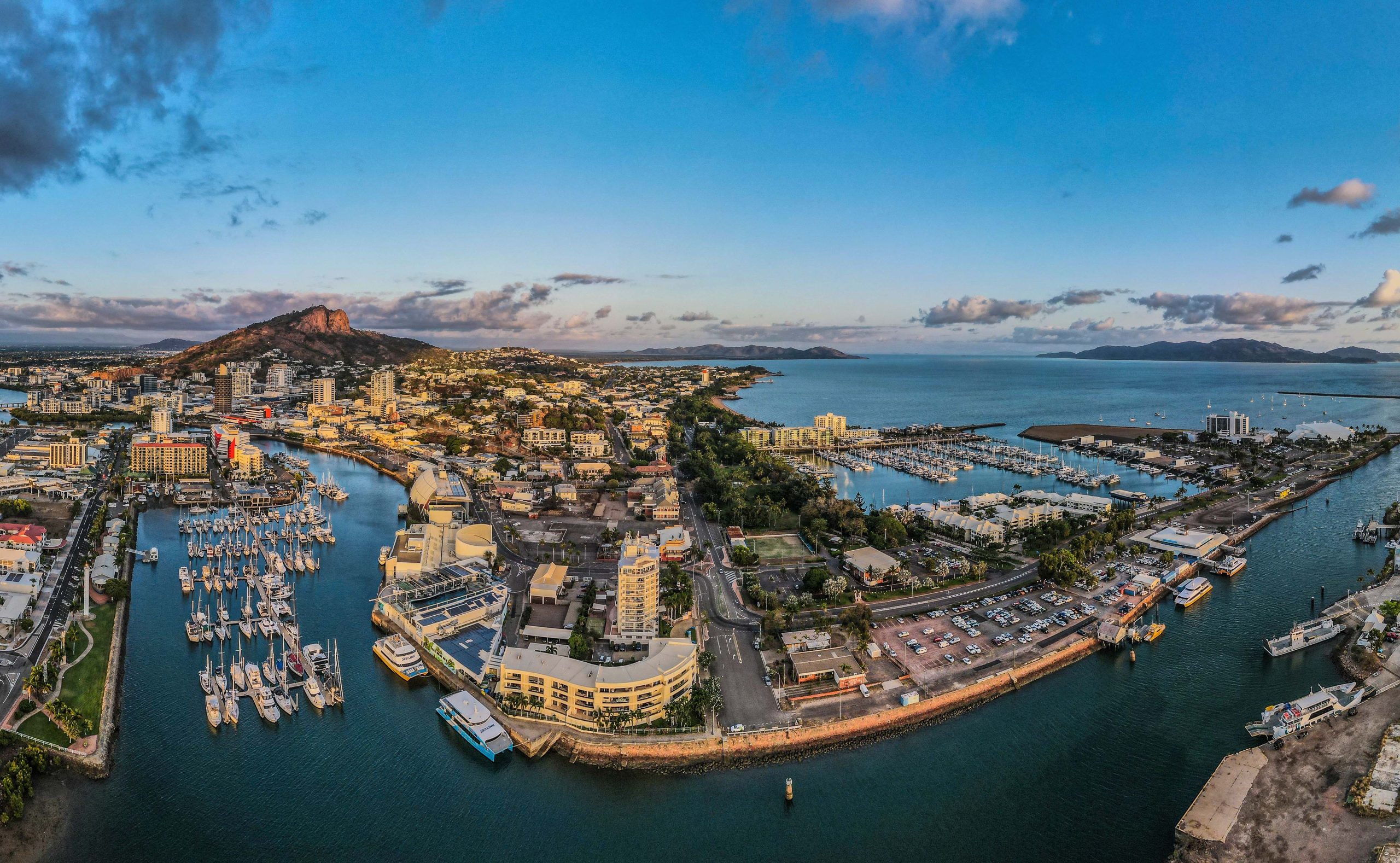Circular economy project proves field leader
In our emerging eco-powerhouse of the north, students of Townsville are getting their hands dirty against the challenges of soil health, stormwater runoff, and waterway defence — showcasing innovative circular economy models for the rest of the country and helping save the Great Barrier Reef.
At our 2021 Waterways Forum our Partnership offered a $10,000 grant to the most promising project pitched to support waterway health in our region.
The school’s pitch, ‘School Community Water Connections’ from St Benedict’s Catholic School Shaw, has delivered on its project objectives, testing the merits and cost-savings of using organic HumiSoil® over synthetic fertiliser on sports fields to see healthier stormwater leaching into local waterways.
By the end of the project, St Benedict’s was able to successfully divert more than 4,000 kg of food waste from landfill and turn it into 900 L of effective liquid fertiliser — saving money for the school and improving runoff on its way to the Reef — a circular economy in action.
“While scientists have been doing as much as they can to help the Great Barrier Reef through research, we all need to be taking action,” said one Year 6 student at the end of the project.
St Benedict’s collaborated with St Joseph’s Catholic School Mundingburra, Southern Cross Catholic School, and Ryan Catholic College to conduct testing and analysis of soils undergoing the two treatments.
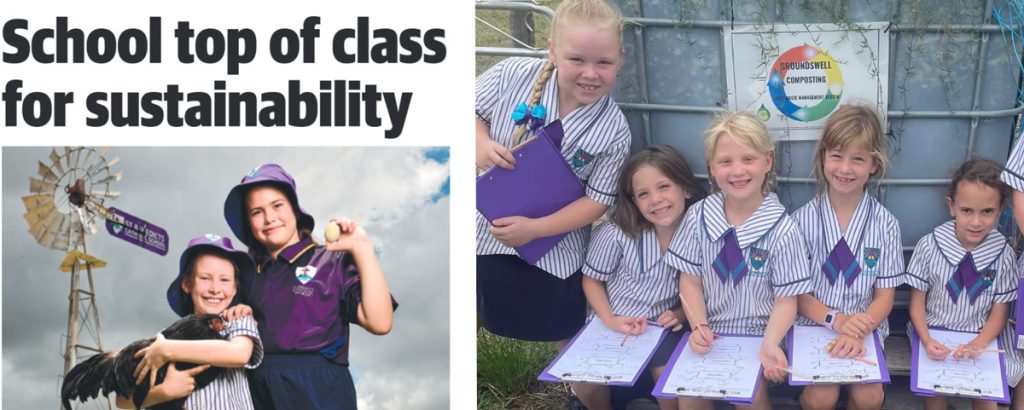
The project sat in the heart of a broad circular economy curriculum, says a St Benedict’s spokesperson.
“From Prep through to Year 6, our students are delivering projects about pollinators, about waste reduction with our chickens, about recycling, soil health, and caring for our local waterways. We’re equipping our students with critical thinking skills and a greater understanding of the connections between all life — and our daily lives.”
“The environmental awareness and literacy of Townsville’s student body is something to behold,” says our Executive Officer, Kara-Mae Coulter-Atkins. “Our waterways have some fierce friends. It’s on all of us to equip these young people with the knowledge and skills that empower them to make real change.”
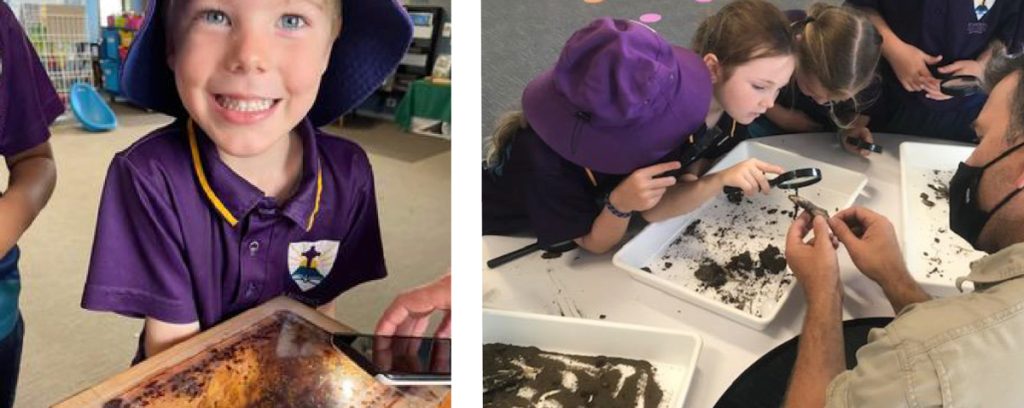
What is HumiSoil?
St Benedict’s collect their food waste — including coffee grounds, green waste, bananas, weeds, and mangoes — and chicken poo in a simple IBC tank (Intermediate Bulk Container).
A modified version of the product HumiSoil® is then added to convert the waste into a rich soil additive. HumiSoil® is designed to nourish the living micro-organism critical to healthy soil. A mix of organic elements from decaying animal and plant matter, and microbes supplied by VRM Biologik, HumiSoil® is proving to be a fertiliser friendly to soil and the water that leaches through it into our catchments. HumiSoil® can only be made by strictly following the VRM Groundswell® process and under licence.
The Atlas Soils team — entrepreneurial dads proving nation-leaders in sustainable soil thinking — is also working in Townsville on a new related school-based project, ‘Grounds to Grounds’, extending the application of organic waste to improve the health of school grounds to include coffee waste. Learn more.
Interested in the technical results from the Neilly Group Engineering soil amelioration assessment at St Benedict’s Catholic School Shaw? Contact eo@drytropicshealthywaters.org.

